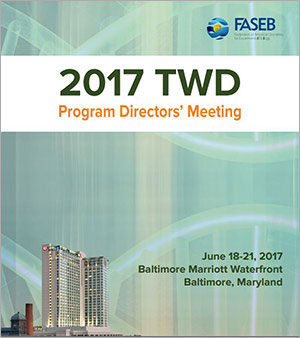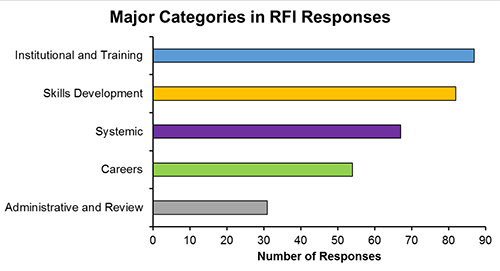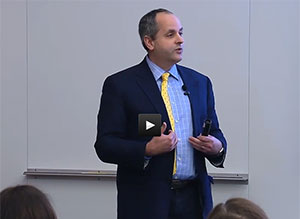UPDATE: The slides [PDF 1.38MB] and FAQs from the Predoctoral Training Grant (T32) Webinar have been posted.
If you’re preparing an application for the NIGMS Institutional Predoctoral Training Grant (T32) program for the May 25 receipt date, don’t miss our upcoming webinar:
Monday, March 5, from 3:00-4:30 p.m. ET.
During the webinar, we’ll provide an overview of the new funding opportunity announcement and answer any questions you may have. You can send questions before the webinar or post them in the chat box during the event.
To join the webinar, visit the WebEx Meeting page (link no longer available) and enter the meeting number 627 943 381 and the password W7pyYXW4. If you are unable to attend online, you can join by phone by calling 1-650-479-3208 from anywhere in the United States or Canada and entering the meeting number above.
NIGMS Staff Participating in the March 5 Webinar:
Jon Lorsch, Director
Alison Gammie, Director, Division of Training, Workforce Development, and Diversity
Shiva Singh, Chief, Undergraduate and Predoctoral Training Branch
John Laffan and Lisa Newman, Scientific Review Officers
Lisa Moeller, Grants Management Officer
We look forward to talking to you about the NIGMS-sponsored T32 program.


 The path to a successful career as a biomedical scientist is rarely direct: There can be stops along the way, and each person has different motivations, opportunities, and challenges. The path also depends, in part, on the institution, program, or department where the student is training, and finding the right scientist, mentor, or coach to help guide that journey isn’t the same for everyone. A new online training program supported through an Innovative Programs to Enhance Research Training (IPERT) grant to iBiology can help participants navigate this process.
The path to a successful career as a biomedical scientist is rarely direct: There can be stops along the way, and each person has different motivations, opportunities, and challenges. The path also depends, in part, on the institution, program, or department where the student is training, and finding the right scientist, mentor, or coach to help guide that journey isn’t the same for everyone. A new online training program supported through an Innovative Programs to Enhance Research Training (IPERT) grant to iBiology can help participants navigate this process. The 2017 Training, Workforce Development, and Diversity (TWD) Program Directors’ Meeting, organized through a grant to the Federation of Associations for Experimental Biology, took place June 18-21 in Baltimore. This biennial meeting brought together the community of faculty, staff and administrators who manage TWD undergraduate and predoctoral training programs across the nation to network, share best practices for program improvement and connect with NIGMS staff. This year, participants presented more than 100 posters. Plenary sessions and keynote talks described innovative approaches for training and evaluation, efforts to enhance diversity in the biomedical workforce and more.
The 2017 Training, Workforce Development, and Diversity (TWD) Program Directors’ Meeting, organized through a grant to the Federation of Associations for Experimental Biology, took place June 18-21 in Baltimore. This biennial meeting brought together the community of faculty, staff and administrators who manage TWD undergraduate and predoctoral training programs across the nation to network, share best practices for program improvement and connect with NIGMS staff. This year, participants presented more than 100 posters. Plenary sessions and keynote talks described innovative approaches for training and evaluation, efforts to enhance diversity in the biomedical workforce and more.
